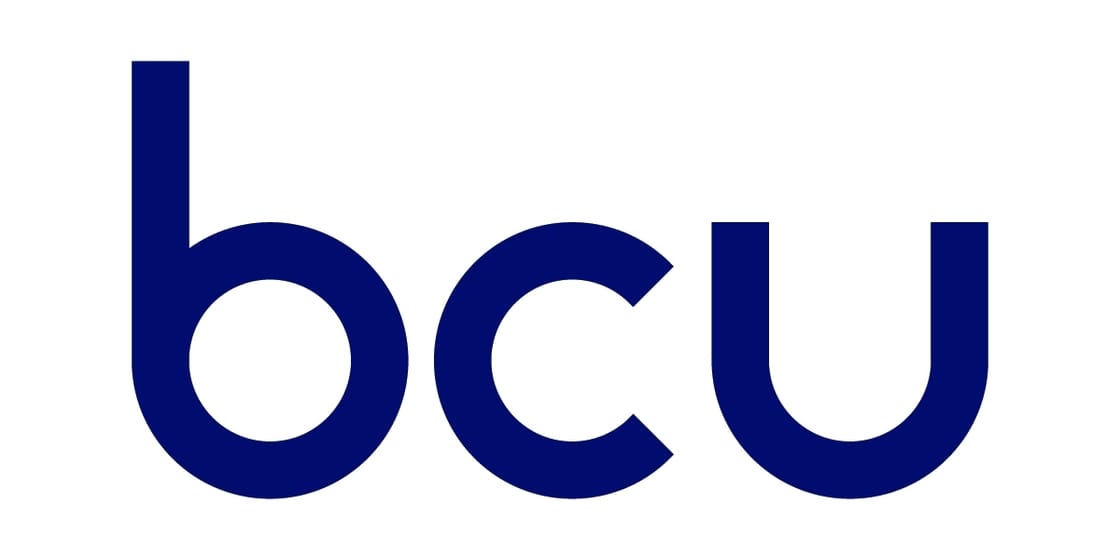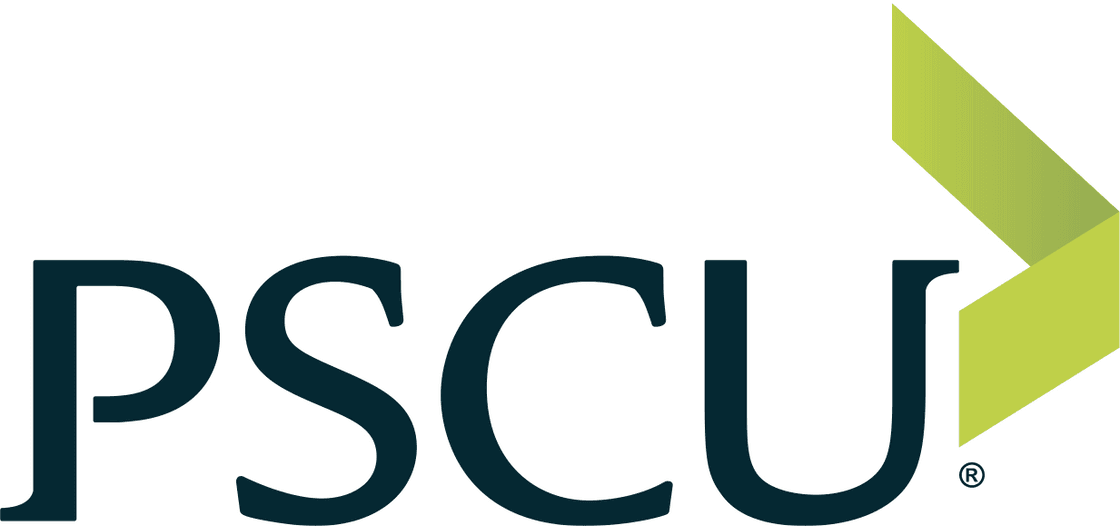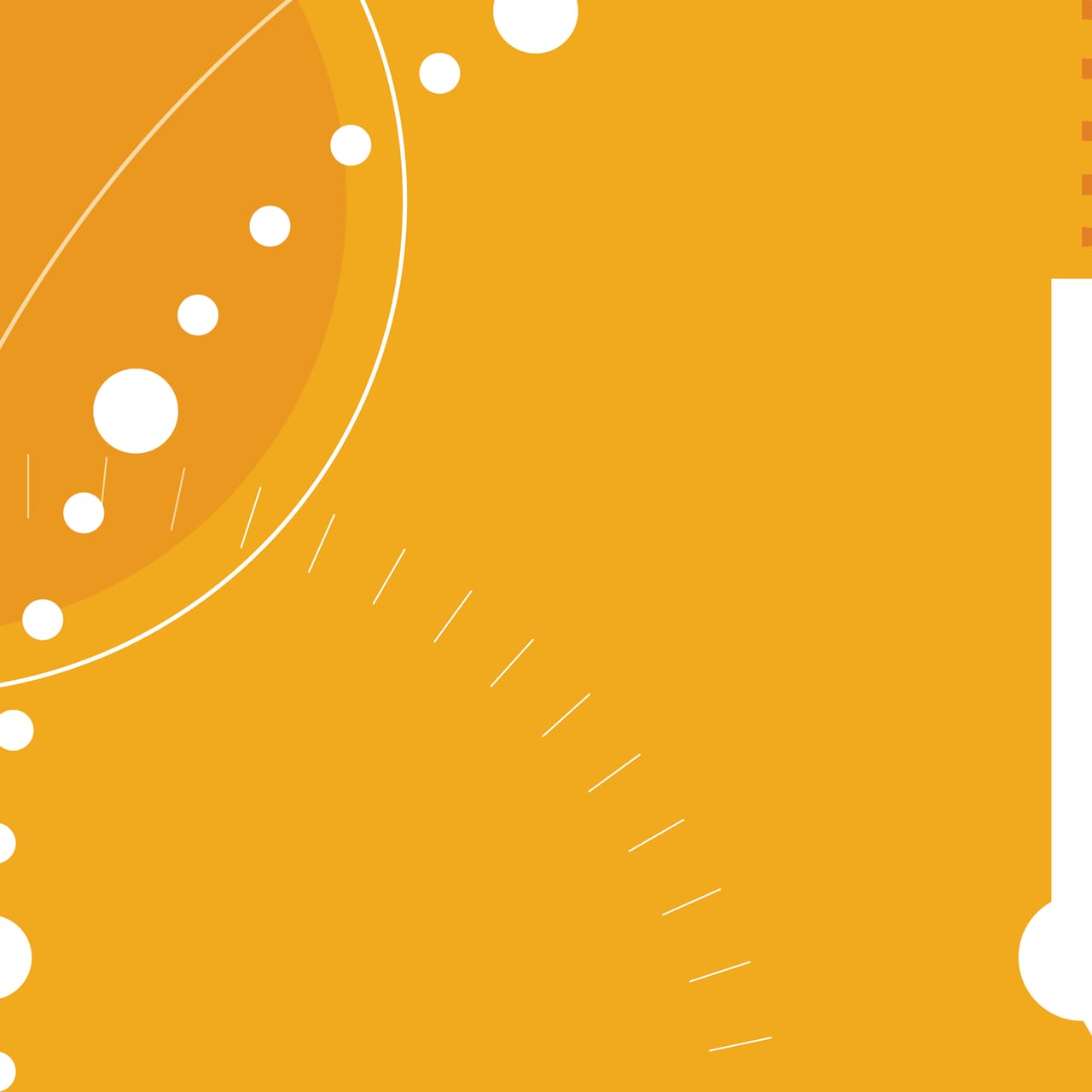Executive Summary
Justice-involved women (includes the incarcerated, formerly incarcerated, parolees, individuals on probation, and their family members) experience unique financial challenges. Credit unions can serve as a critical resource in disrupting the cycle of poverty and justice-involvement by pursuing trauma-informed services, offering credit repair, hiring returning citizens, and partnering with existing reentry organizations. The implementation of gender responsive services will benefit not only justice-involved women but also a broader range of current and potential credit union members.
What is the Research About?
Our findings illustrate how the gendered dynamics of financialization and mass incarceration create specific challenges for women. Although the overall justice-involved population experiences circumstances such as homelessness, addiction, and poverty, such impacts are disproportionately felt by women. Fines, fees, and costs at reentry can worsen these challenges and perpetuate a cycle of justice involvement and financial instability. Increased family responsibilities, health issues, and limited social networks increase barriers to securing one’s employment, housing, and basic financial needs.
What are the Credit Union Implications?
Financial instability and uncertain resource availability are the most pressing impediments to successful reentry for justice-involved women. Unlike banks, credit unions are centered around their members: they are inherently people-oriented and aimed at both demystifying financial processes and increasing accessibility for their members. Given the prevalence of financial instability, unemployment, debt, and instances of being unbanked among justice-involved women, there is an opportunity for financial institutions to mitigate this precarity and ease the reentry process. With their member-centered orientation, credit unions can provide opportunities for marginalized individuals to obtain financial health.
Filene’s Center for Consumer Financial Lives in Transition is generously funded by:











